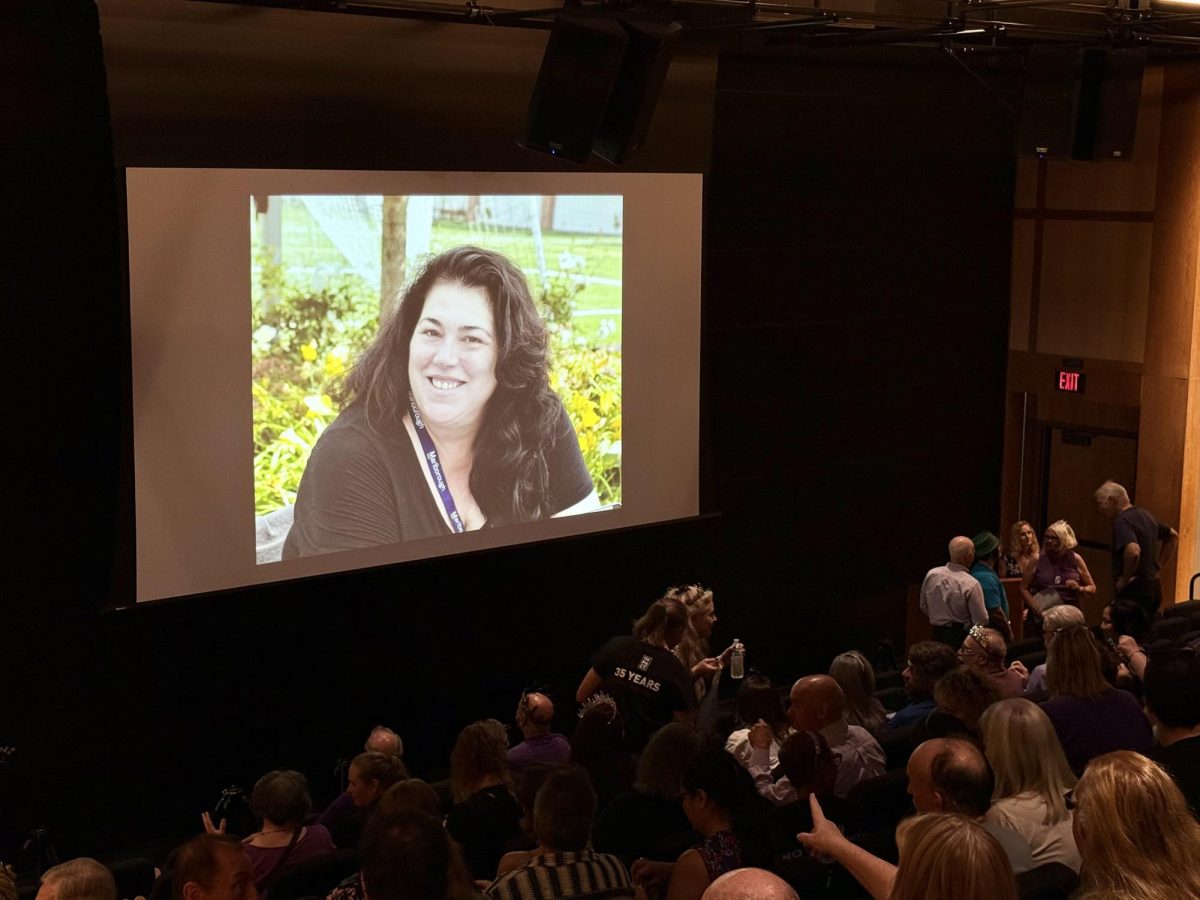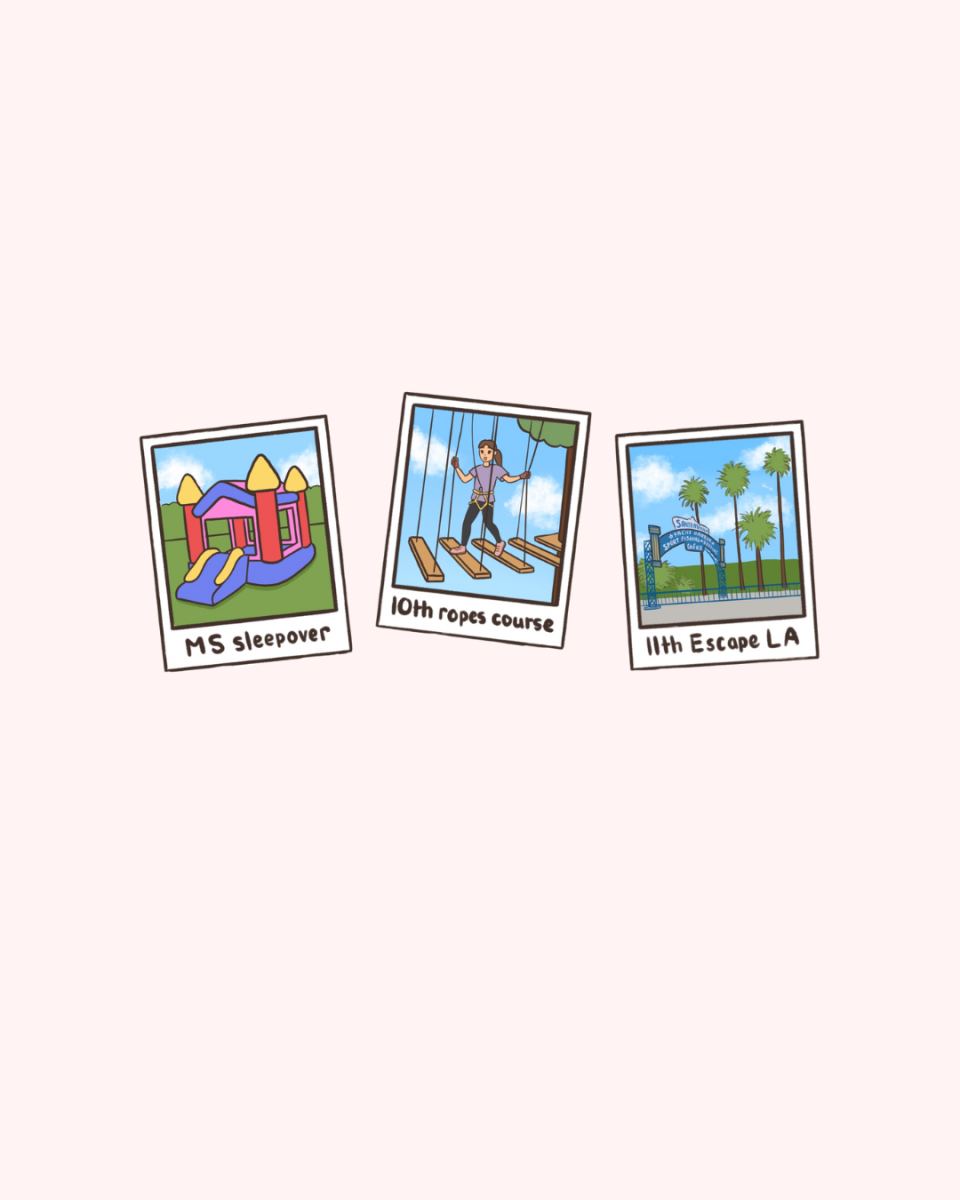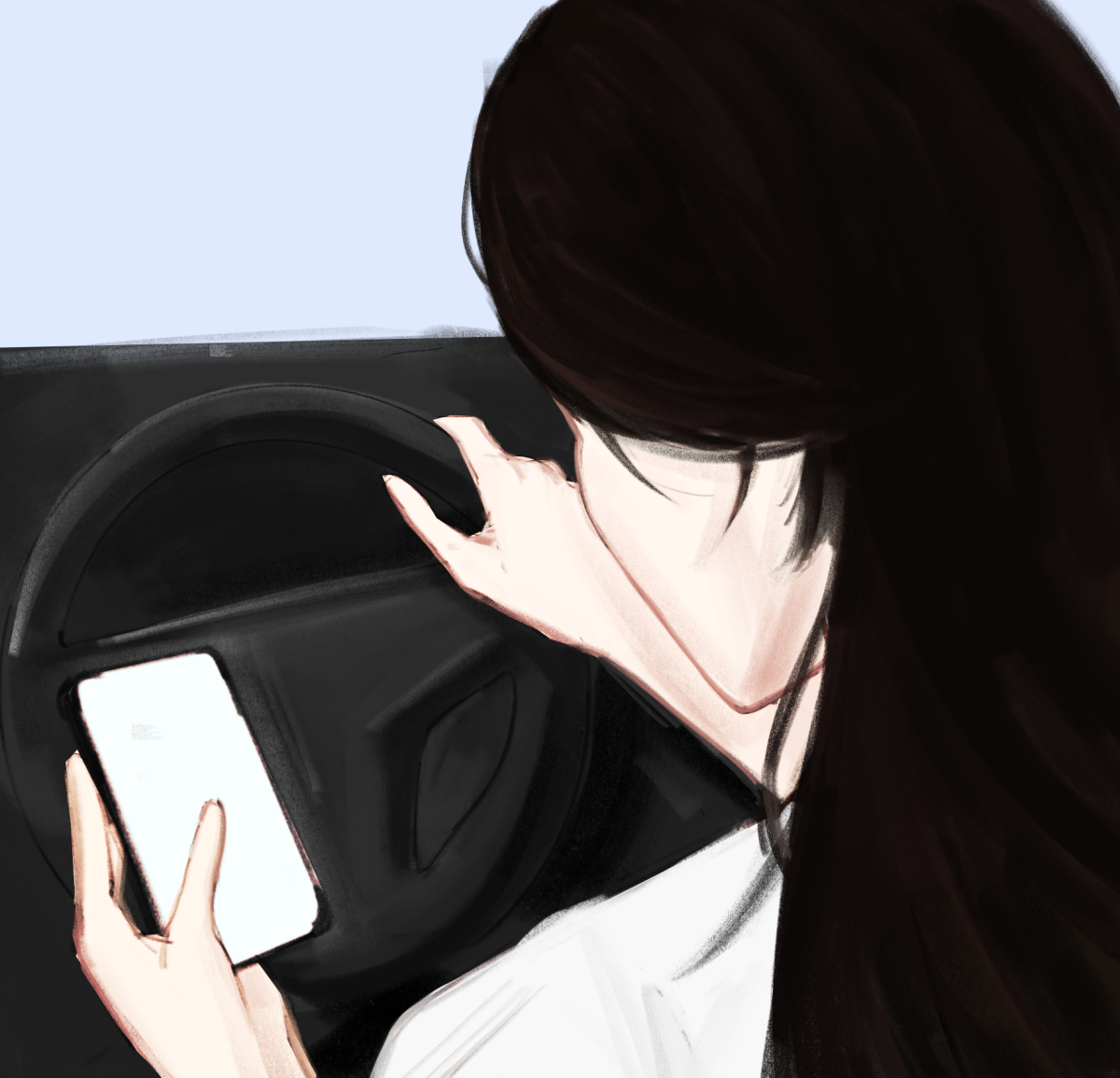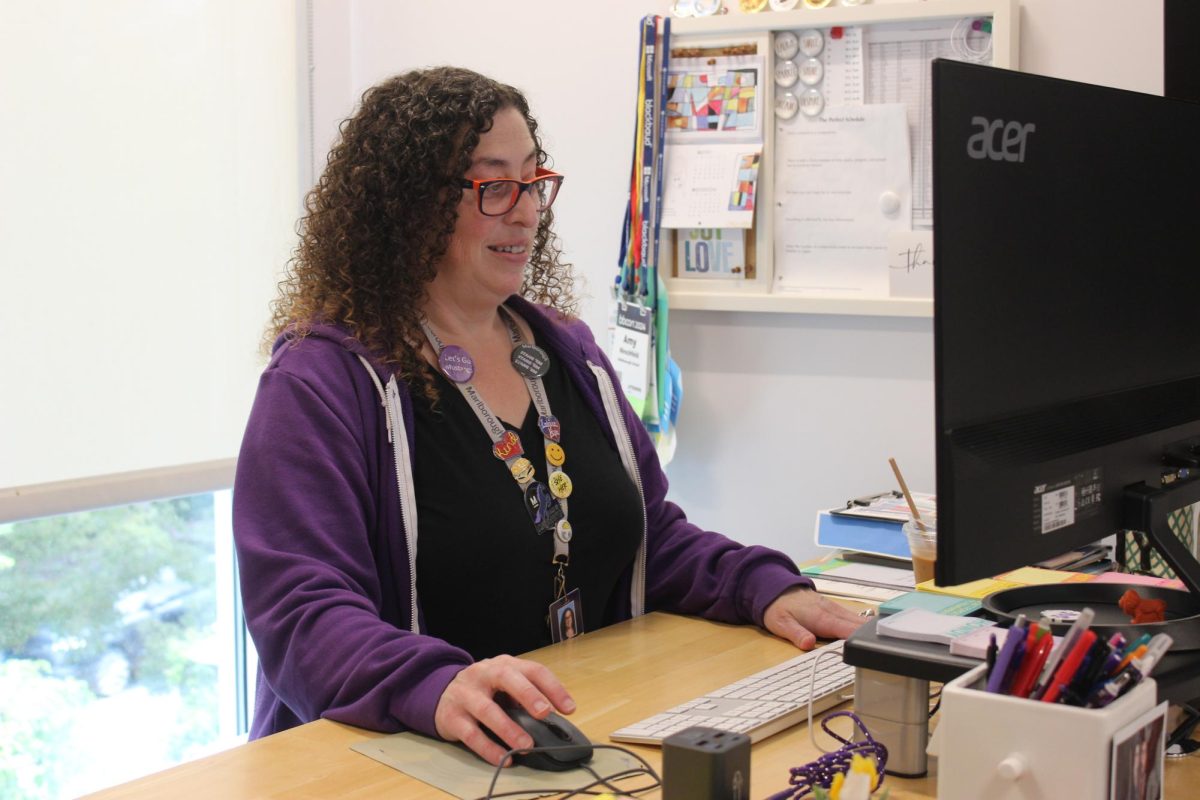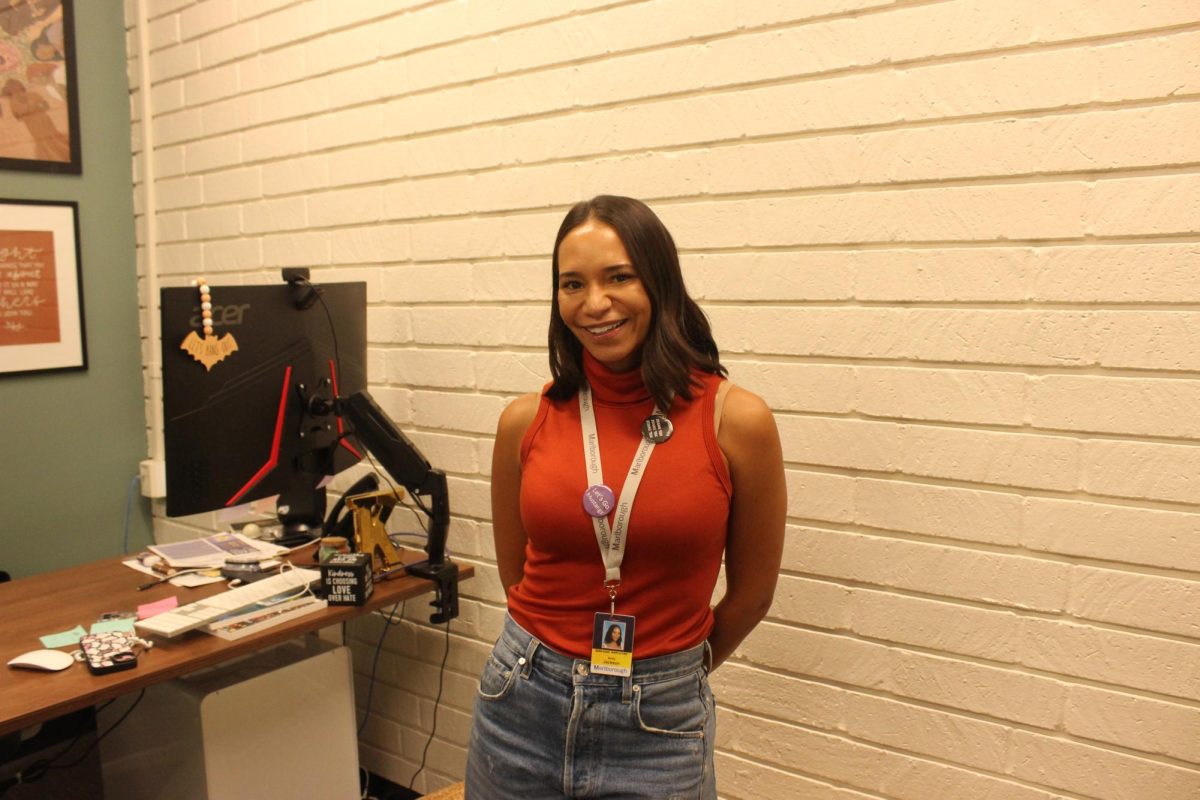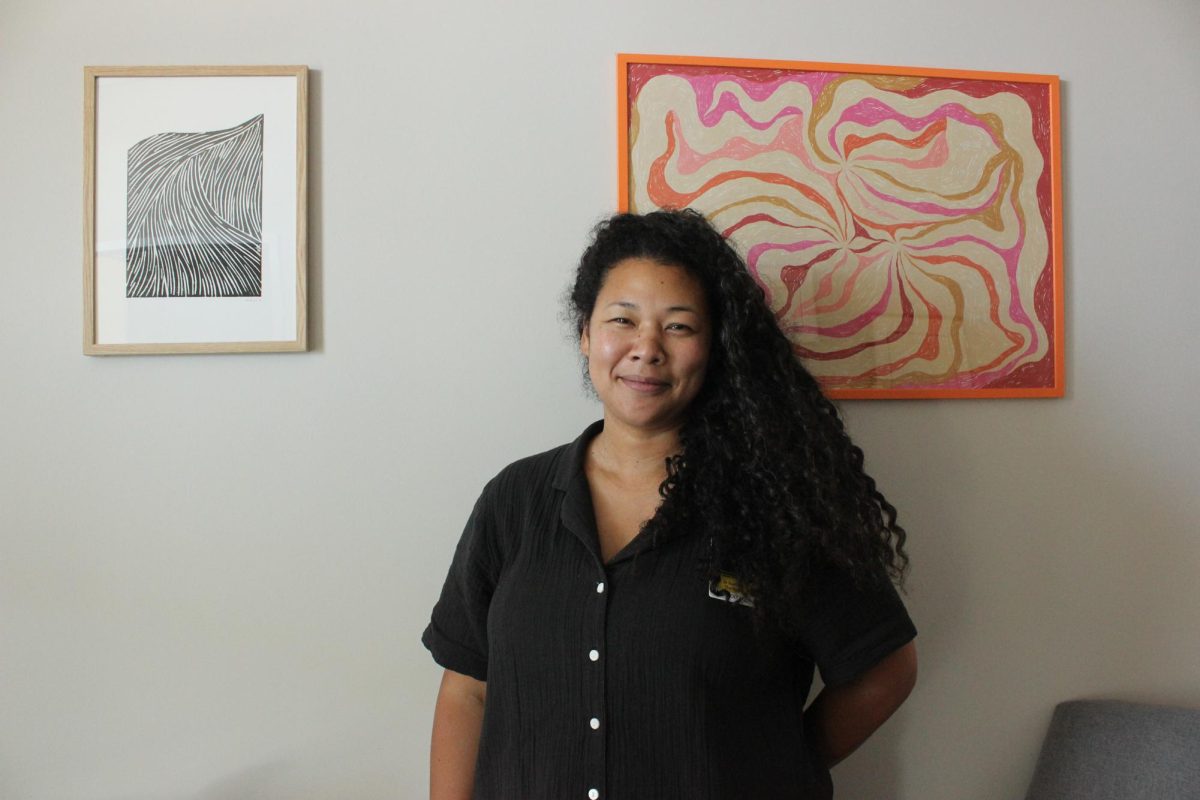Two UCLA coding students led workshops to introduce current and prospective students to the field of coding. Marlborough held three consecutive four-hour sessions for students 6th grade and above on Jan. 27, Feb. 3 and Feb. 10. The UCLA students, Apurva Panse and Richard Wen, taught the students how to code, informed them of personal experiences in their fields and discussed how and where students can use coding for jobs in the future.
Mathematics Instructor Darren Kessner reached out to students to inform them of the event. He said that at the first workshop, 40 of the 77 attendees were Marlborough applicants. Students of all skill levels attended the sessions, so the workshops were split into advanced and beginner classes. Marlborough students who had coding experience were placed into the advanced class where they coded a tic-tac-toe game using JavaScript. In the introductory class, the prospective students coded personalized websites using HTML, a language used to create web applications.

“We invited the prospective students to give them a sneak peek at some of the fun STEM-related activities we do here. In general, we want to show applicants interested in coding, robotics and other STEM activities that they have a home at Marlborough where they can learn and play with new technology in a supportive and collaborative environment,” Kessner said.
Director of Student Life Regina Rosi Mitchell, Code Violet co-presidents Emma ’18 and Sarah ’18 and other club members helped organize the workshops and publicize them by displaying posters around campus and sending emails to students.
Sarah studied AP Computer Science last year and is a member of the Student STEM Committee. As a co-president of Code Violet, she formed this event as another way for their club members to connect with coding.
“These workshops were a way for us to learn about something new and connect with UCLA as a big institution with a lot of coding fields,” Sarah said.
Over the past four years, Emma has taken many introductory coding courses and AP coding courses. Emma said she was not only satisfied with her projects, but she also said she was impressed by how many females are involved in coding.
“In general, I am always blown away by the interest in coding, especially in a place were coders are supposed to be in the minority in an all-girls environment. There was an impressive amount of students that attended the coding workshops and presented interest in becoming a coder in the future, which made me believe that the gender gap of women to men in job fields is based on stereotypes,” Emma said.
Emma ’20 attended all three workshops as part of the Code Violet club. During the third weekend, Emma ’20 heard about summer coding opportunities from a representative of Girls Who Code, a nonprofit organization aiming to increase the number of women in computer science.
“Getting to hear a variety of coding opportunities was helpful as web development and coding is an interesting, new and different type of job. I believe that it is important for young adults to learn about the wide range of job opportunities open in the coding fields, as coding stems into future generations through data analysis and problem solving,” Emma ’20 said.

